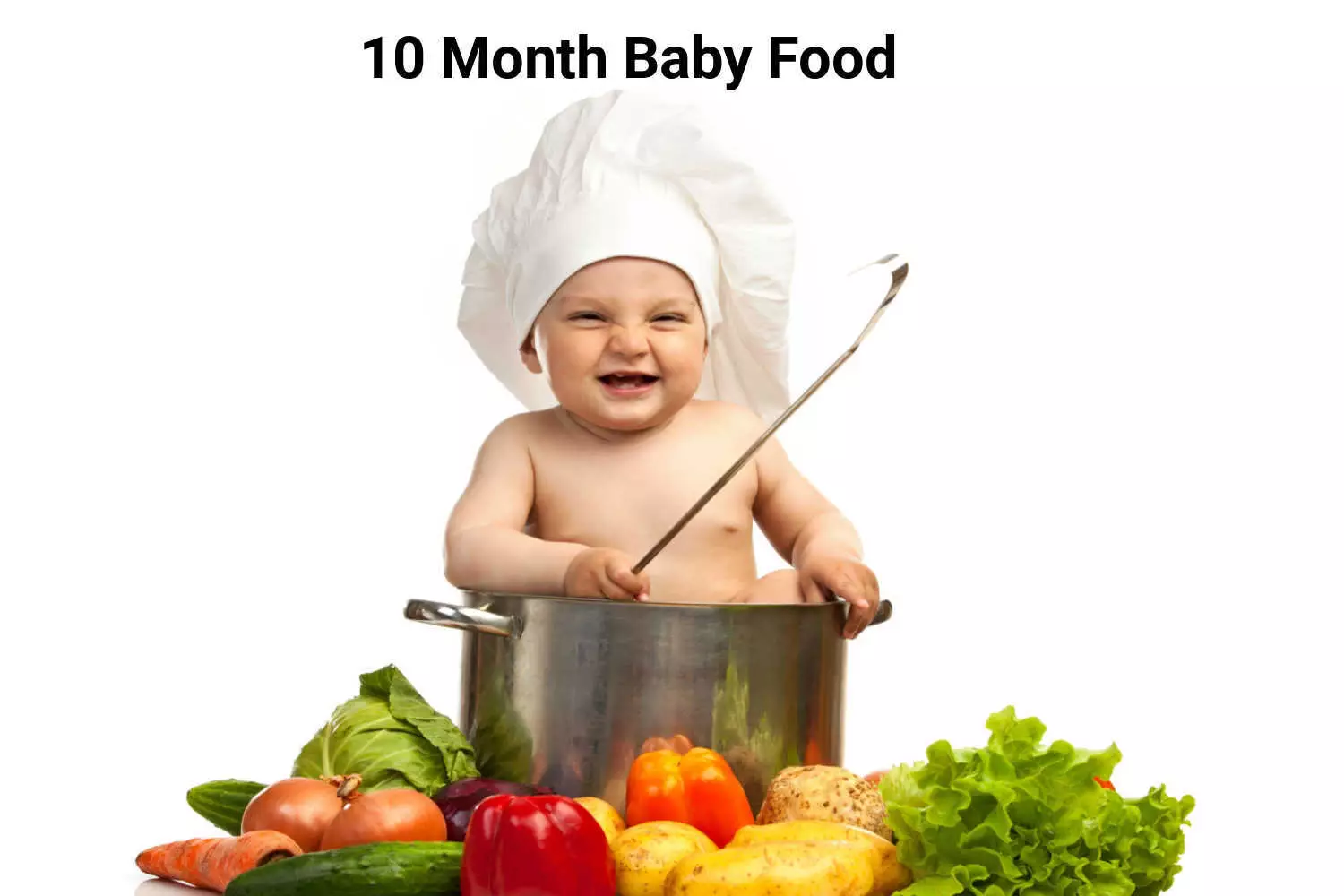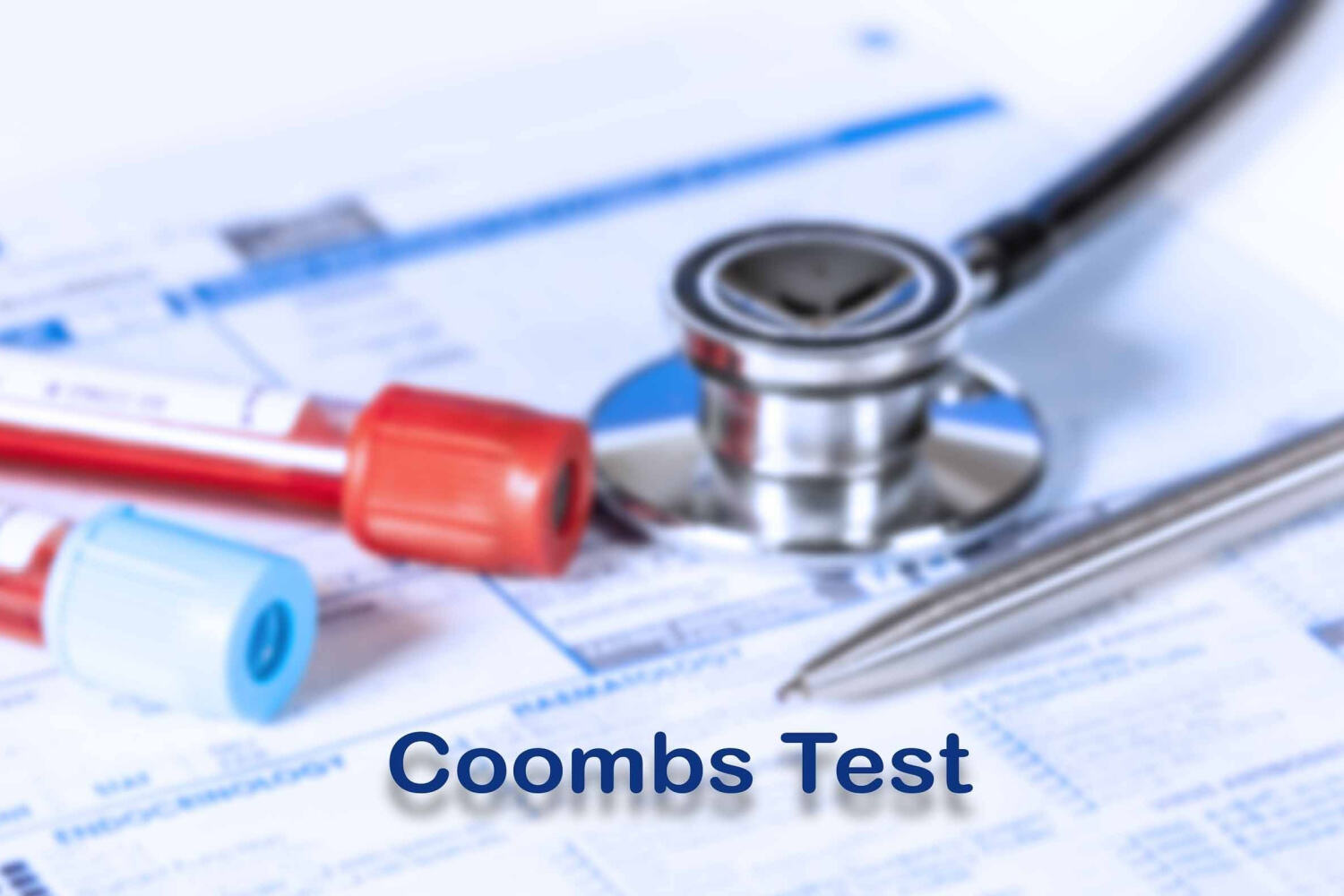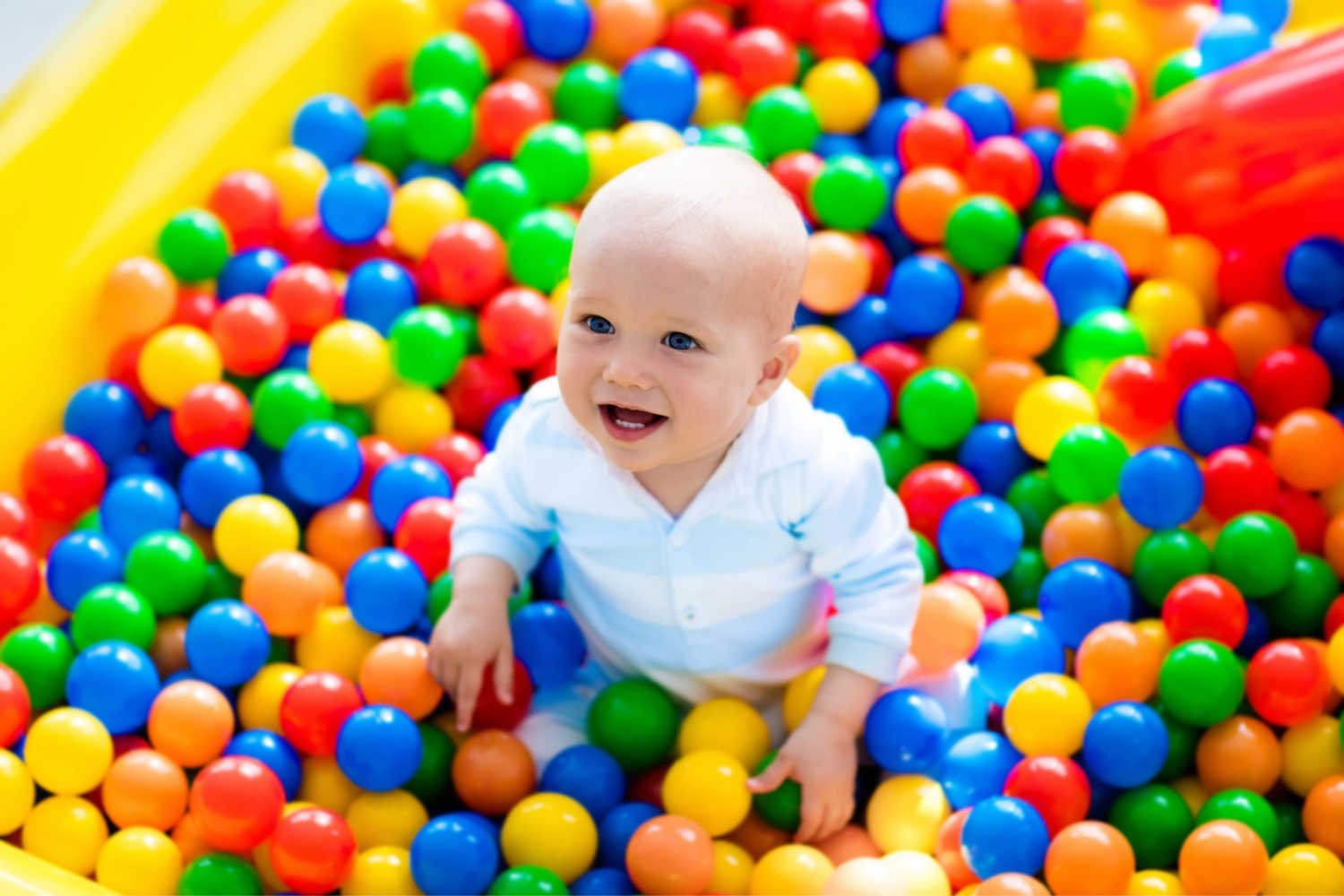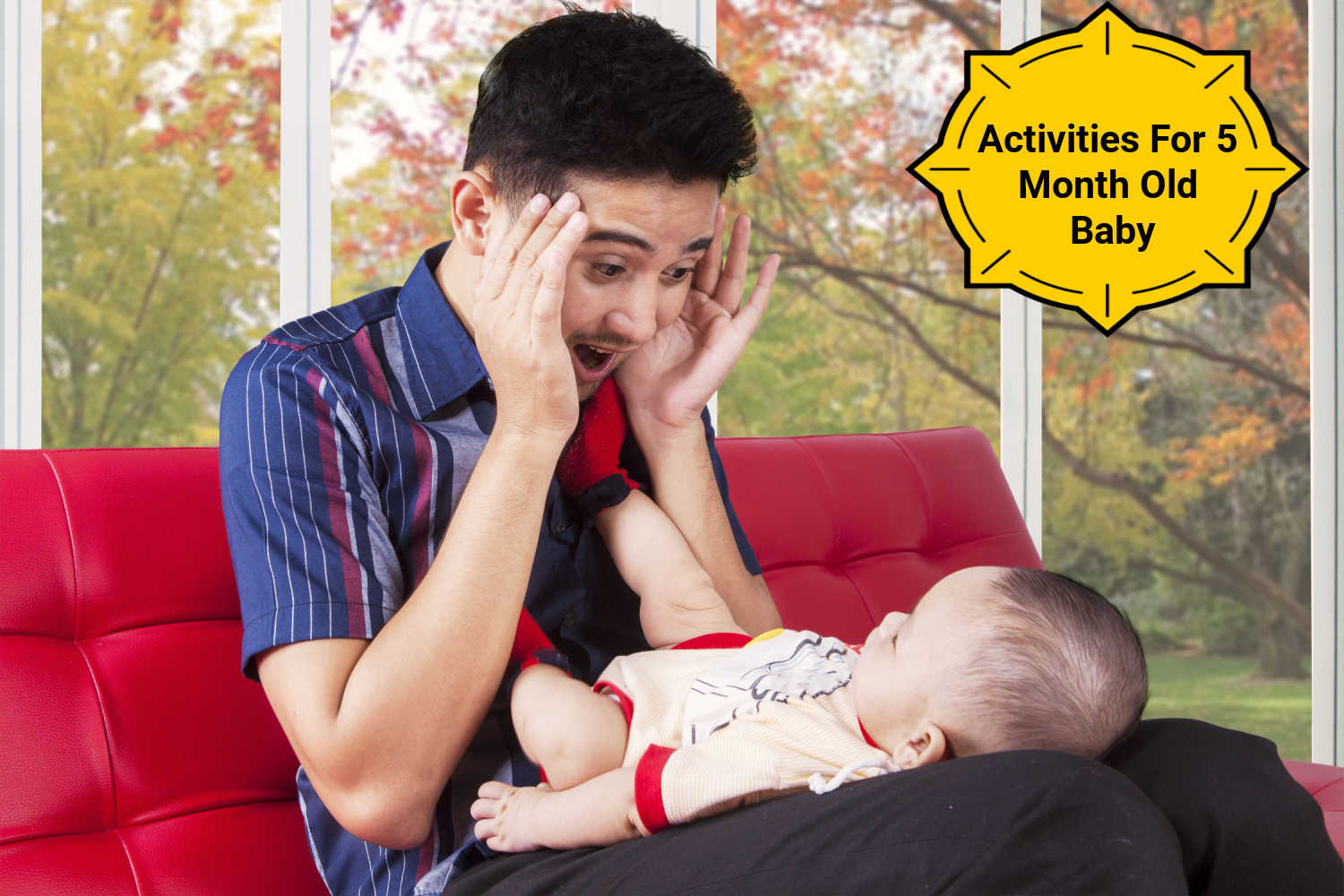
Postpartum Infection And Complications Overview
5 min readWritten by Editorial Team


After childbirth, a mother’s body becomes vulnerable to postpartum infection. She is feeble and weak and needs time to recover. Endometriosis or the infection of the innermost lining of the uterus is the commonest infection experienced in the postpartum phase of childbirth. Besides endometriosis, mastitis or infection of wounds sustained during delivery and infection of the urinary tract are also seen.
The chances of having endometriosis are increased if you have experienced prolonged labor or a longer gap between membrane rupture. Even women having cesarean section are more vulnerable to endometriosis as compared to women delivering vaginally. And amongst those who deliver vaginally, those who have an assisted vaginal delivery are at a higher risk.
In This Article
- What Are Postpartum Infection(s) Symptoms?
- What Are Postpartum Infection Complications?
- Postpartum Infection And Breastfeeding
- Postpartum Infections Treatment
What Are Postpartum Infection(s) Symptoms?
The frequent symptoms of postpartum infection are mentioned below:
- Fever accompanied with chills and rigors, lower abdominal pain
- Malaises
- Foul-smelling vaginal discharge (in endometritis)
- Fatigue, muscle aches, headache
- The warm, painful hard area around the breast (in mastitis)
- Pain and discomfort around the wound area, episiotomy, or C-section incision
- Pain and burning in urination, urgency or repeated sensation of passing urine
- Cloudy or bloodstained urine or excessive bleeding from the vagina
- Pain around the perineal region or pain during sex or coitus
- Constipation or hemorrhoids
- Hair loss
- Postpartum depression
What Are Postpartum Infection Complications?

There is no second say that the entire experience of pregnancy and childbirth is unique and novel. It is overwhelming for every mom as it surely marks a milestone in her life. The arrival of your baby and the period following it is amazing. But once cannot ignore the physical and mental hardships a mother undergoes in the process of birthing which leaves her at risk of many complications.
Following are some of the commonly seen complications in the postpartum phase:
Postpartum Hemorrhage
Though some bleeding is common after delivery, if the postpartum bleeding becomes heavy, the uterus can be exposed to various kinds of infections. It is caused because of improper contraction of the uterus after the removal of the placenta.
Postpartum bleeding is the third most prevalent cause of maternal mortality in deliveries. If the bleeding is excessive, your doctor will give you methylergometrine intramuscularly to stimulate contractions. Blood transfusion might be needed if blood loss is too much
Perineal Pain
The area between the rectum and vagina is the perineal region. This region experiences maximum bruising and stretching during childbirth. Consult your doctor if the pain is severe or unbearable. Avoid stressing the perineal region. Use a donut soft cushion while sitting
Hemorrhoids And Constipation
Pain and blood discharge during defecation is also seen in the postpartum phase. The situation can be cured by taking OTC (over-the-counter medicine). Natural laxatives and suppositories can also be beneficial. Drink a lot of water and eat fresh fruits and a fiber-enriched diet
Mastitis Or Engorged Breasts
Mastitis is another common postpartum complication where infection can ascend from the mother to the newborn via breastfeeding. The treatment of mastitis includes the administration of antibiotics and symptomatic medicines
Uterus Infection
When fragments of the remains of the placenta are left in the uterus, an infection can affect the uterus. The placenta is expelled by the uterus within 20 minutes of delivery, however, in the event, that this does not happen, the retained placenta can result in uterine infections. Uterine infections
Postpartum Depression
This is yet another complication of postpartum. The new mothers become overwhelmed and constantly feel anxiety. Psychiatric counseling and anti-depressive drugs can improve the condition
Puerperal Cystitis
During delivery, there is stretching of the urinary bladder. This can result in edema of the trigone of the bladder or obstruction of the urethra. This can lead to the retention of urine. The insufficient evacuation of the bladder can lead to the accumulation of residual urine in the bladder. This causes cystitis a painful condition
Kidney Infections
Infections can ascend from the bladder to the neighboring kidney. The common symptoms of kidney infection are a strong desire to urinate, high-grade fever, malaise, pain in the low back, painful or burning urination, and constipation
Sexual Discomforts
New mothers can resume their sex life after the vaginal tissues have been healed (after about 4-6 weeks) in case of vaginal delivery. In the case of a c-section delivery, 6 weeks is the minimum time to wait before having sex again. However, if the intercourse is physically discomforting, and/or painful, you may wait for 3-6 months.
Some women feel uncomfortable with their bodies after giving birth while some feel that their desire for sex has gone down. These issues are temporary and can be resolved through medical and your partner’s support
Pulmonary Emboli
The condition is characterized by the presence of sudden intense chest pain, pallor, cyanosis, dyspnoea, raised jugular pressure, hypotension, confusion, hemoptysis, and sudden apprehension
Puerperal Psychiatric Disorder
The presence of mental health hazards in the puerperium phase can be a serious complication
Bipolar Disorder
BD is quite common in postpartum depression. The common symptoms of bipolar disorder are:
- Decreased desire for sleeping
- Grandiosity
- Distractibility
- Psychomotor agitation
Schizophrenia
It is a rare complication of the postpartum phase and is common if the mother has some difficulty in coping with her obligations. It is usually common in young and adolescent mothers
Click here to read about C-section scar infections.
Postpartum Infection And Breastfeeding

Mastitis or inflammation of the breast accounts for 10 percent of all the postpartum infections seen after childbirth. Sore nipples and improper hygiene can precipitate mastitis. The presence of mastitis can be diagnosed by tenderness in the breast and is associated with malaise and fever.
The doctor will advise you on antibiotics for Staphylococcus aureus (cephalexin, dicloxacillin, etc.) Mother can continue breastfeeding as it usually does not pose any threat to the newborn. If left untreated mastitis can lead to breast abscess. If this happens, surgical drainage of the abscess becomes mandatory.
Postpartum Infections Treatment
The treatment of postpartum infection varies according to the underlying type of postpartum infection. However, treatment from the doctor is a must as untreated infections can result in serious problems. In the event of any symptoms of postpartum infections (as listed above), seeking the advice of your doctor is important.
Never try to self-diagnose and self-medicate. In most cases of postpartum infections, doctors prescribe oral antibiotics. However, in a few cases, doctors suggest intravenous medicines or other treatments. For mastitis and cystitis infections, depending upon the type of invading infectious agent, doctors prescribe suitable antibiotics.
With treatment, you will start to feel better. If on antibiotics, you must complete the course and continue to take medical advice till the symptoms do not go away. Keep up in good mental shape, have a positive attitude, drink lots of water and take plenty of rest. The cozy moments with your child will help you heal faster and better.

Editorial Team,
With a rich experience in pregnancy and parenting, our team of experts create insightful, well-curated, and easy-to-read content for our to-be-parents and parents at all stages of parenting.Read more.
Responses (0)
Want curated content sharply tailored for your exact stage of parenting?
Related articles

10 Month Baby Food – What to Give, What Not to Give and Sample Schedule

Positive Coombs Test in Newborns – What it is, When it is Done and How to Take Care

Driving after C Section – Is It Safe?

Itsy Bitsy Spider Rhyme For Babies

Ball Pit Balls For Babies – How it Helps in Baby’s Development

Top Activities For a 5 Month Old Baby – Benefits and Tips For Parents
Sponsored content
Discover great local businesses around you for your kids.
Get regular updates, great recommendations and other right stuff at the right time.





